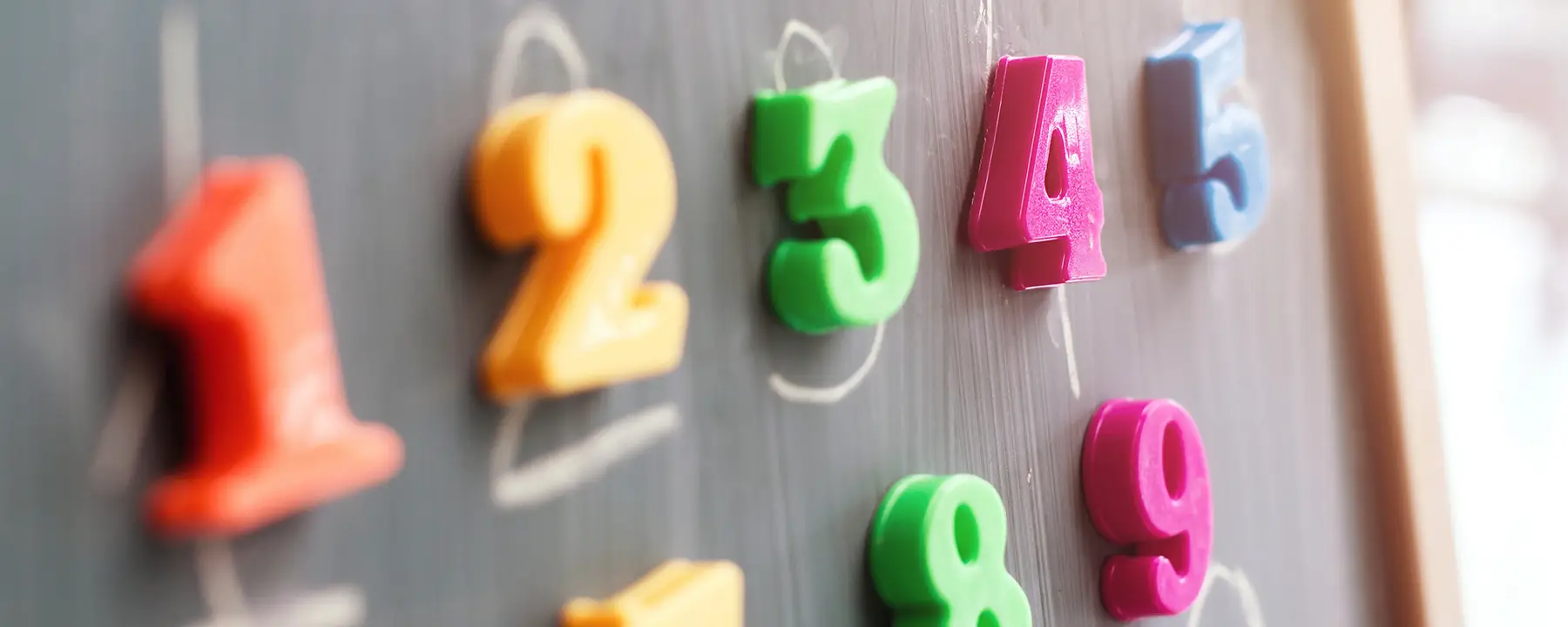Leading data collection to study education outcomes of an early math intervention
The solution to the achievement gap that persists in America’s schools, many believe, may lie in early-childhood education. But before communities invest in expanding public schools into pre-kindergarten, there must be a better understanding of what makes programs effective. So far, however, education leaders struggle to define which program characteristics drive positive long-term outcomes.
Making Pre-K Count aims to change that by studying the experience of low-income students in New York City, the largest school district in the United States, which is in the process of rolling out universal pre-K for all who want to attend. The Robin Hood Foundation, an anti-poverty group, is funding this study, with MDRC leading and RTI providing data collection expertise.
Randomized, Controlled Trial of the Building Blocks Math Curriculum
Making Pre-K Count is a longitudinal study, following a group of low-income students from preschool to third grade. The students began their pre-K year in the fall of 2014, during which half the sample was in classrooms using the promising math curriculum Building Blocks. We are helping conduct a randomized, controlled trial of Building Blocks, tracking the math, verbal, and executive function skills of the students as they progress to third grade, comparing the achievements of the two groups.
The study’s focus on math originated in research that found that preschoolers with strong early math skills go on to do better in both math and reading, and are more likely to graduate from high school and attend college. Math is also an area that has historically received less emphasis in preschool.
As the data collection partner for Making Pre-K Count, we surmount logistical and methodological challenges, provide content expertise, and ensure data quality. Since the start of the study, we have supervised several rounds of assessments of 1,500 students, measuring their skills in math, language, and executive function. We have also conducted classroom observations and surveyed more than 350 teachers.
Understanding the Meaning of Quality in Early Education
Although the study is a few years away from determining how students fare in school after completing Building Blocks, the curriculum has been well received by teachers and students. The rigorous evaluation of this curriculum, including a rich array of contextual information and data sources, has paved the way for an improved understanding of what characteristics of students, schools, teachers, and teaching materials contribute to “quality.”
RTI’s content, methodological, field, and data expertise have produced an invaluable resource that can support researchers and policymakers in the quest to improve educational experiences for all Americans.
- Robin Hood Foundation
- MDRC


